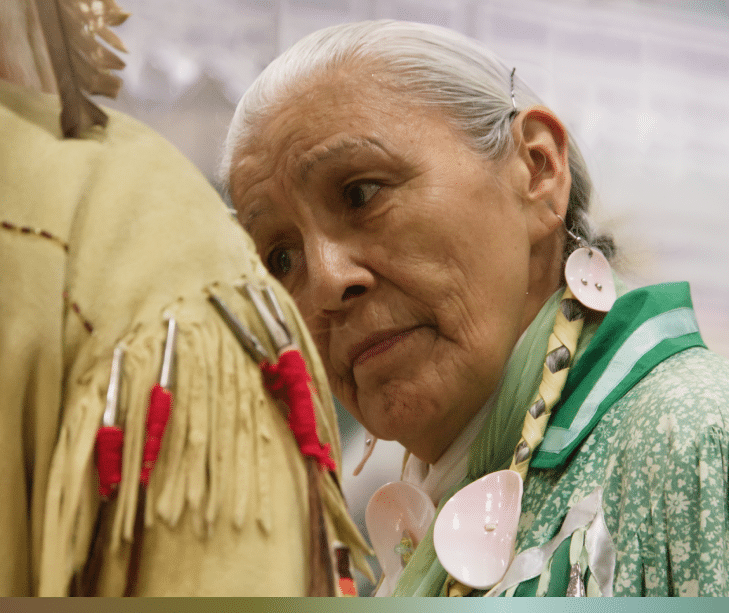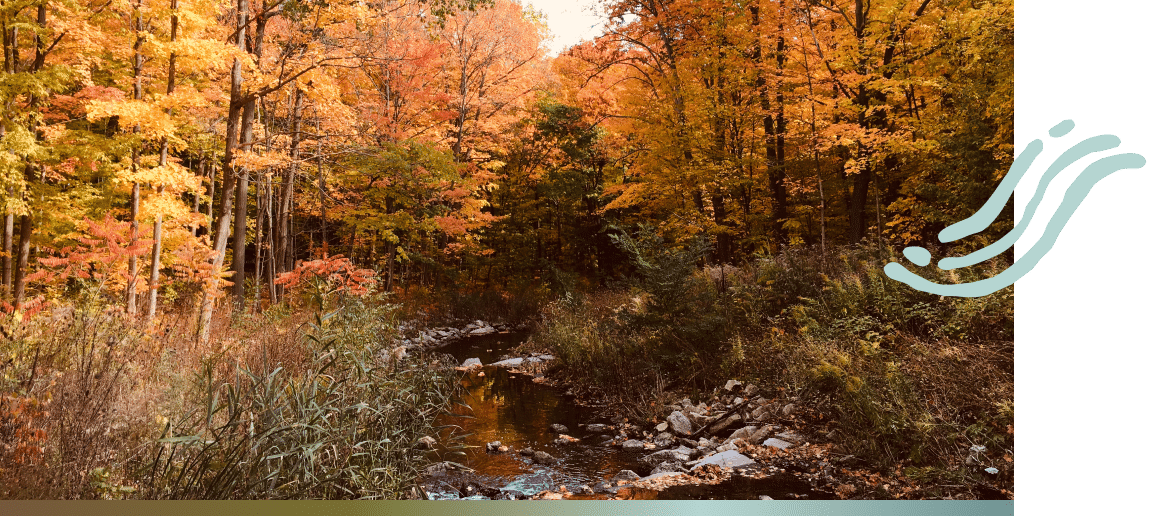Who We Are
The First Nations Advisory Committee on Safe Drinking Water was Created by the Settlement

The Tataskweyak Cree Nation, Curve Lake First Nation, and Neskantaga First Nation, filed a national class action, through McCarthy Tétrault LLP and Olthuis Kleer Townshend LLP, against the Attorney General of Canada for failing to address prolonged drinking-water advisories on First Nations reserves across Canada. The members of these communities have been forced to live without access to clean and safe drinking water.
The key allegation was that Canada has breached its obligations to First Nations and their members by failing to ensure that reserve communities have clean water. It was further alleged that Canada has been negligent, breached its fiduciary duties, breached the honor of the Crown, and breached various rights under the Canadian Charter of Rights and Freedoms.
The litigation sought to advance the rights and well-being of First Nations communities and their members by:
- Obtaining compensation for individuals and communities that have suffered from a lack of reliable access to clean water; and
- Obtaining a declaration that Canada has an ongoing responsibility to work with First Nations to provide access to clean water. This includes requiring Canada to construct and fund appropriate water systems for First Nations communities.
The class includes all members of First Nations whose communities were subject to a drinking water advisory—including a boil water advisory, do not consume advisory, or do not use advisory—which lasted at least one year from November 20, 1995 to the present.

On July 30, 2021, Canada agreed to settle this class action for approximately $8 billion in response to prolonged drinking-water advisories on First Nations reserves across Canada (the “Settlement”)
The Settlement includes the following terms:
- $1.5 billion in compensation for individuals deprived of clean drinking water;
- the creation of a $400 million First Nation Economic and Cultural Restoration Fund;
- a renewed commitment to Canada’s Action Plan for the lifting of all long-term drinking water advisories;
- a commitment of at least $6 billion to support reliable access to safe drinking water on reserve;
- planned modernization of Canada’s First Nations drinking water legislation;
- the creation of the FNAC; and
- support for First Nations to develop their own safe drinking water by-laws and initiatives.
On December 22, 2021, the Federal Court and the Court of Queen’s Bench of Manitoba issued a joint decision approving the Settlement.
The First Nations Advisory Committee on Safe Drinking Water (the “FNAC”) was created by Section 9.04 of the Settlement agreement which reads as follows:
- Canada shall provide twenty million dollars ($20,000,000) in funding through the fiscal year ending March 31, 2026, for the creation of the First Nations Advisory Committee on Safe Drinking Water.
- The FNAC’s membership shall reflect Canada’s diversity of First Nation Class Member communities, languages, genders, geographies, skills, expertise, and experience with water insecurity.
- The members of the FNAC shall be appointed by agreement of the Parties, on recommendation of the Joint Committee, and failing agreement, the members shall be appointed by the Courts. The Parties may agree to remove any member of the FNAC, and such removal will be effective upon approval of the Courts.
- The primary functions of the FNAC shall be to:
- work with First Nation Class Members to provide oversight, guidance, and recommendations to Indigenous Services Canada to support the development and implementation of forward-looking policy initiatives including:
- the development of Indigenous Services Canada’s Long Term Strategy for Water and Wastewater on First Nation Class Members’ Reserves; and
- the development of Replacement Legislation;
- contribute strategic advice and perspectives to Indigenous Services Canada in order to advance the long-term sustainability of safe drinking water in First Nation communities; and
- support the identification and prioritization of funding for water and wastewater in First Nation communities.
- work with First Nation Class Members to provide oversight, guidance, and recommendations to Indigenous Services Canada to support the development and implementation of forward-looking policy initiatives including:
Click here for a complete copy of the Terms of Reference for the FNAC.